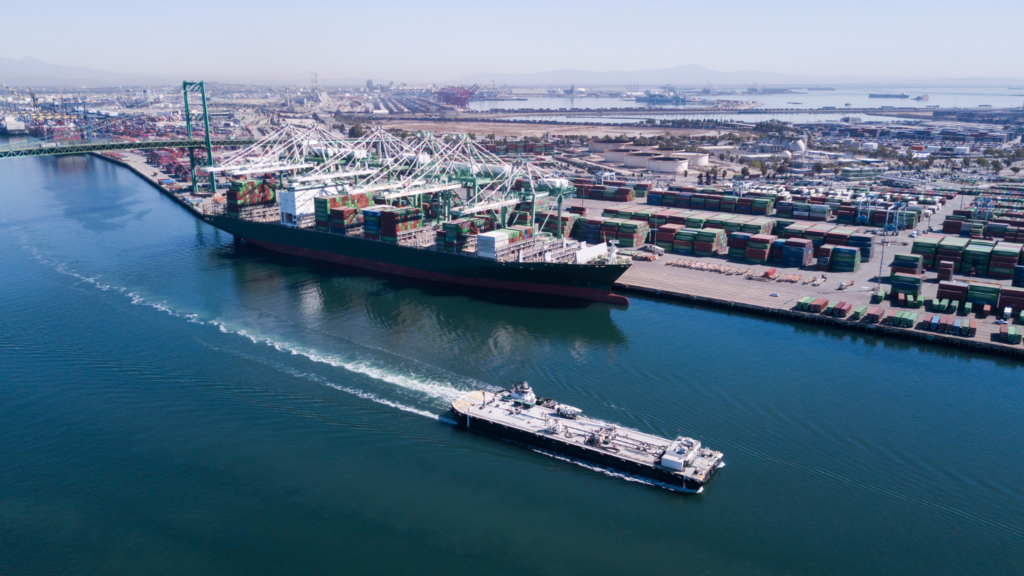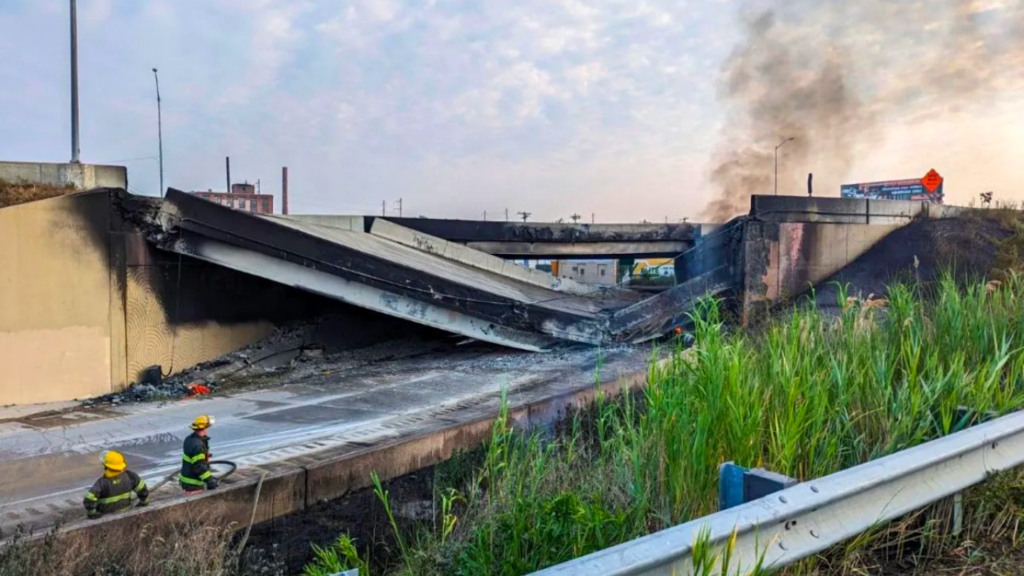Done Deal?, Changes in China, and Critical Collapse.
Your weekly All-Ways round-up of supply chain news.
Labor Deal Reached!
Last week brought on a new round of disruptions to ports up and down the West Coast and negotiations paused for a few days as a result.
Suzanne P. Clark, president and CEO of the Chamber, said that negotiations over the last 20 years have followed the same pattern - this time around no less. “The necessity of intervention by the administration to prevent a larger economic catastrophe.”
US Labor Secretary Julie Su met the PMA in San Fransisco. And it worked! Su was instrumental in helping the ILWU and PMA reach a deal that was critical for the supply chain, the economy, and from a political standpoint too.
What's with the Wages?
No details of the contract have been reached but PMA President James McKenna said the new 6-year agreement “recognizes the heroic efforts and personal sacrifices of the ILWU workforce in keeping our ports operating [during the pandemic and supply chain crisis].”
Here’s what we do know -
The ILWU originally wanted a 101% increase spanning the contract. While salary increases generally increase 5-6% over the course of a contract, the PMA was willing to increase wages by more than 20%.
So how much are longshore workers making? For a 40-hour week, general longshore workers are earning $197,514, $220,042 for marine clerks, and $306,291 for foremen.
Meaning, their already high salaries just got higher. The deal now needs to be ratified by both parties.
The significance of the outcome will ripple across the USA as the ILA on the East and Gulf Coasts will likely ask for a similar increase in wages.
Strikes in China
With exports declining as global demands soften causing factories in China to cut back or shut down.
"We believe that the drop in manufacturing orders and that factory closures will continue," said Aidan Chau, a researcher at Hong Kong-based rights group China Labour Bulletin (CLB). "Bosses want to cut costs by simply dumping workers."
Just as it was recovering from 3 years of COVID, consumers’ and businesses’ confidence is declining as labor disputes and strikes are increasing. There have been at least 144 strikes within the first five months of the year which is the highest it’s been since 2016’s 313 strikes recorded by the CLB for the same time period.
Being as the strikes are quickly dispersed by law enforcement and evidence is scrubbed from social media, not all the strikes are verifiable.
Many of the hundreds of millions of employees are only on temporary contracts or were hired informally, leaving them at the mercy of manufacturers. When factories look to reduce costs, they’re more susceptible to unpaid overtime, impromptu pay cuts, or layoffs without due process or compensation.
China produces about a third of global manufactured goods but most of it is intended for export.
Although labor unions do not play a significant role in modern authoritarian China, factory strikes might become a political headache.
"Firms are adapting to the reality of overcapacity through pay cuts and layoffs," said senior China economist at the Economist Intelligence Unit, Xu Tianchen.
Not only might this inhibit growth but job and salary cuts can likely cause instability.
I-95 Collapse
On June 11, a tanker truck lost control and caught fire under the I-95 in Philadelphia causing the Northbound section to collapse and the Southbound section to be deemed unsafe. It will be months before traffic resumes on that portion of the highway, according to Pennsylvania Governor Josh Shapiro.
About 160,000 vehicles travel through that section every day, about 8% are trucks. Running from Miami to the Maine-Canada border, this 1,924-mile (3,096-kilometer) interstate is a critical route for long-distance trucking and commuting. With about 1.6 million residents in Philadelphia, this route provides access to industrial areas that provide products nationwide.
According to US Transportation Secretary Pete Buttigieg, the collapse will cause “extensive disruption” in the region to the movement of people and goods. It will likely result in higher prices of goods along the East Coast.
“The people of Philadelphia, the Pennsylvania DOT, and the entire region affected by this will have the full support of the United States Department of Transportation for as long as it takes to get that restored,” Buttigieg said.
“Obviously, that is a lot of America’s GDP moving along that road every single day,” Buttigieg said. The US National Transportation Safety Board is investigating the incident and will release a preliminary report in the next few weeks.




